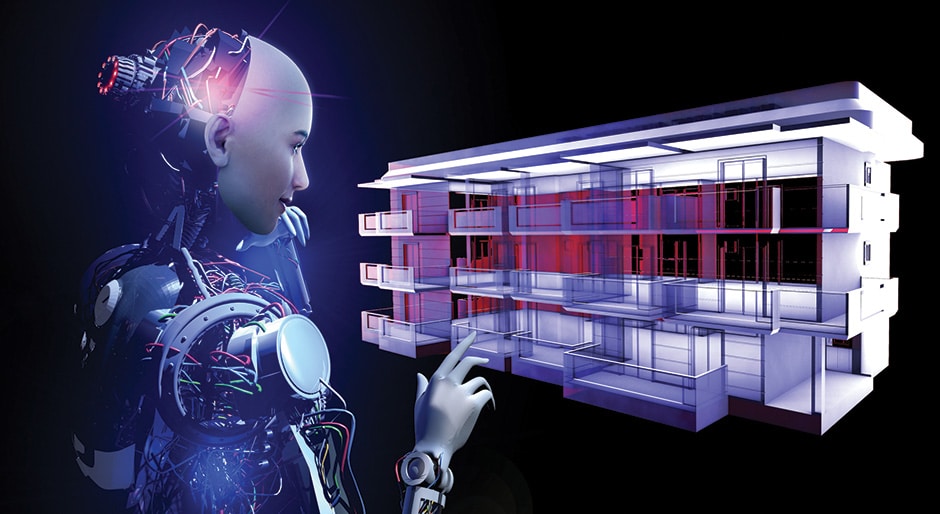To read this full article you need to be subscribed to Institutional Real Estate Europe
AI could reduce real estate’s carbon footprint by 50%
The widespread use of artificial intelligence (AI) could reduce global real estate’s greenhouse gas emissions by between 5.81 gigatonnes to 6.46 gigatonnes on an annual basis — the equivalent of the entire 2022 global carbon footprint of the United States.
PiLabs has suggested this yearly reduction could be reached by 2030 if AI is used in four particular areas — reducing the use of raw materials, preventing unnecessary construction rework, lowering building energy intensity and redirecting demolition waste. In a report called Sustainably Intelligent: AI for a Greener Built World, the proptech venture capital firm outlines how AI is set to have a transformative impact on carbon reductions.
The study highlights work carried out in generative design at the ETH Zurich university, which saw researchers use 3D printing to reduce construction material inputs by about 70 percent. As a result, PiLabs has been identifying early-stage start-ups deploying AI to des

